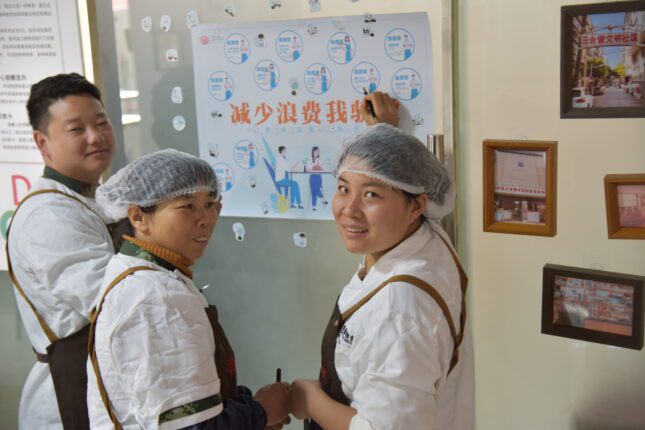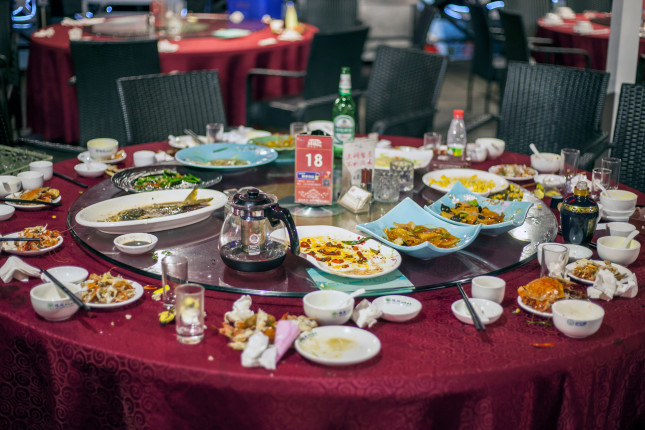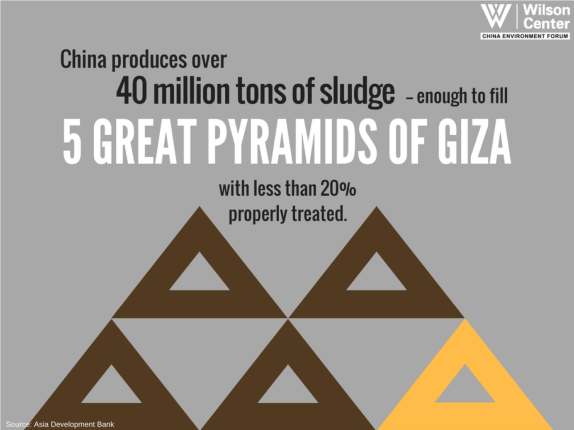Jennifer Turner
Jennifer Turner has served as Director of the Wilson Center’s China Environment Forum for nearly two decades. She is a widely-quoted expert on U.S.-China environmental cooperation as well as climate-related challenges and governance issues facing the world’s most populous country. As head of the Center’s Global Choke Point multimedia reporting initiative, Turner's work combines on-the-ground research with visual storytelling. She has convened water-energy-food nexus dialogues in China, India, Mexico, South Africa, and the U.S. and blogs for the Center’s New Security Beat.
-
Food Waste: A Low-Hanging Fruit for Methane Reductions
›China Environment Forum // Cool Agriculture // February 8, 2024 // By Jennifer Nguyen, Jennifer Turner & Karen ManclThis blog is modified from the Wilson Center-OSU “Cultivating US and Chinese Climate Leadership on Food and Agriculture Roadmap” publication.
“Waste is something that most of us just don’t see,” stressed Pete Pearson, Senior Director, Food Loss and Waste, WWF, at a recent Wilson Center event. Though people are “conditioned” to be blind to food waste, continued Pearson, this not-so-invisible problem wastes a third of food grown around the world. When this wasted food decomposes, it emits methane, accounting for 8 to 10% of global greenhouse gas (GHG) emissions.
-
From Farm to Table to Landfills? Seeking Solutions to China’s Food Waste Dilemma
›
In a giant building filled with dark and humid rooms, some 2 billion cockroaches are scampering around piles of food. This is not a scene out of a horror film, but an innovative business venture to help Jinan, a “small” city of 9 million in northeast China, deal with its overfull food waste. Jinan produces more than 6,000 tons of solid waste each day, and like most Chinese cities, 50 to 70 percent of it is food waste. To divert more organic waste from landfills, the municipal government partnered with the Zhangqiu District Food Waste Processing Center to use cockroaches to dispose of the 60 tons of food waste daily from district restaurants and companies as well as households in 40 waste-sorting pilot villages. The company is highly profitable as it gets the food waste for free from the city; and city then gives subsidies for each ton of food waste processed. The company also sells some 2,433 tons of dead cockroaches each year as animal feed additives. However, the small six-legged workers only devour some 100 tons of food waste per day even with expansion plans for two new factories, a mere 1.6 percent of the city’s total waste. Cockroaches alone cannot conquer the city’s food waste challenge.
-
Tapping the Power in China’s Municipal Sludge
›
In September 2018, the Jinghu District People’s Court in Wuhu, Anhui Province sentenced 12 people from the Pol Shin Fastener Company between four months and six years in prison for committing serious interprovincial environmental crimes in Jiangsu and Anhui in 2016 and 2017. The court also fined the automobile hardware manufacturer 10 million yuan ($1.48 million). The crime? Dispatching ships and trucks to illegally dump 2500+ metric tons of highly acidic pickling sludge from steel production. Sludge—semi-solid waste emissions from industries and municipal water treatment plants—is yet another tough water and solid waste pollution challenge China faces.







